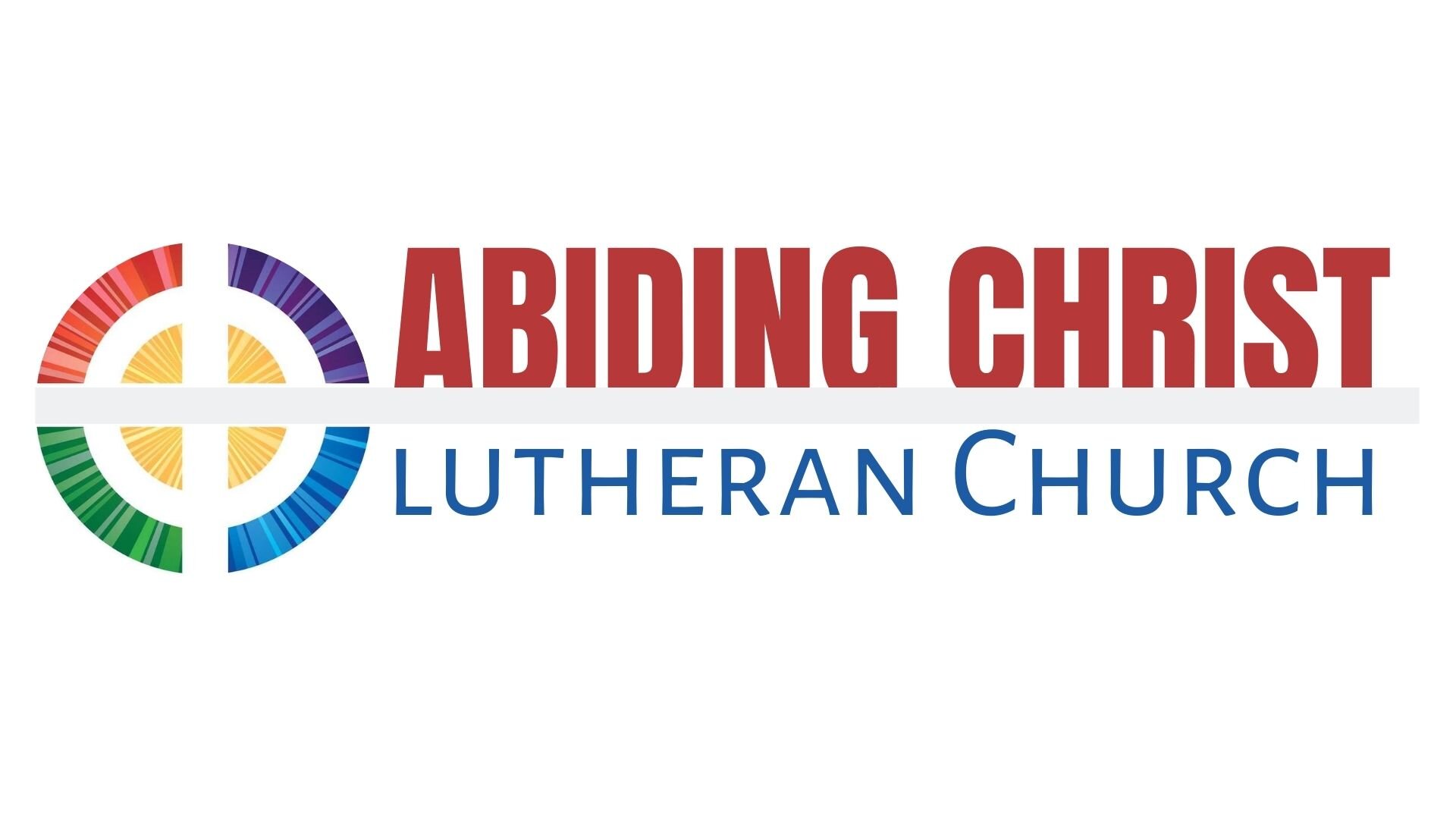John M. Neale
But when the goodness and loving-kindness of God our Savior appeared, he saved us, not because of any works of righteousness that we had done, but according to his mercy, through the water of rebirth and renewal by the Holy Spirit. This Spirit he poured out on us richly through Jesus Christ our Savior, so that, having been justified by his grace, we might become heirs according to the hope of eternal life. Titus 3:4-7
Good Christian Friends, Rejoice LBW 55
1 Good Christian friends, rejoice with heart and soul and voice;
give ye heed to what we say: Jesus Christ is born today;
ox and ass before him bow, and he is in the manger now.
Christ is born today! Christ is born today!
2 Good Christian friends, rejoice with heart and soul and voice;
now ye hear of endless bliss: Jesus Christ was born for this!
He has opened heaven’s door, and we are blest forevermore.
Christ was born for this! Christ was born for this!
3 Good Christian friends, rejoice with heart and soul and voice;
now ye need not fear the grave; Jesus Christ was born to save!
Calls you one and calls you all to gain his everlasting hall.
Christ was born to save! Christ was born to save!
Text: medieval Latin carol; tr. John M. Neale, 1818-1866, alt.
Our friend, Pastor Sue Nelson, used to joke that this was the hymn Swedes (Paul was very Swedish) usually a little “lit” by their Christmas Eve libations, would sing every Christmas morn with tears rolling down their faces. I don’t know about this, being a mutt from Ohio, but I learned after 28 years to take Sue at her word!
This song has a venerable history reaching back to medieval times. The tune has a very Lutheran bent, a favorite of Johann Sebastian Bach and used by him in several compositions. Its Latin title In Dulci Jubilo indicates how rare it was for its time, i.e. a happy Christmas carol! John Neale was an Anglican priest who endured a good deal of opposition in his life. He was sort of ‘excommunicated’ by his bishop for 14 years. Undismayed, he made good use of his time translating Orthodox liturgies into English, writing a devotional commentary on the Psalms, and most famously, translating many medieval hymns from Latin into English. Among them: Good King Wenceslas, All Glory, Laud and Honor, A Great and Mighty Wonder, O come, O come, Emmanuel, Of the Father's Love Begotten, Sing, My Tongue, the Glorious Battle, and Sons and Daughters of the King. He died at the young age of 47. Along with Catherine Winkworth, who also translated Latin hymns into English, he is commemorated in the ELCA Calendar of Saints on July 1st.
Prayer: Help us in the face of seeming adversity, to make the most of our time! Help us to pour new wine into old wineskins and keep us mindful of the great gift you have given us, your Son, Jesus! Amen.

